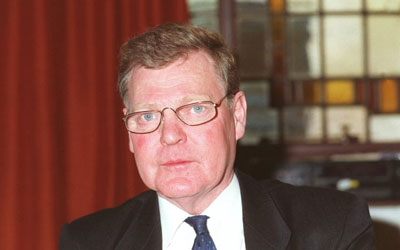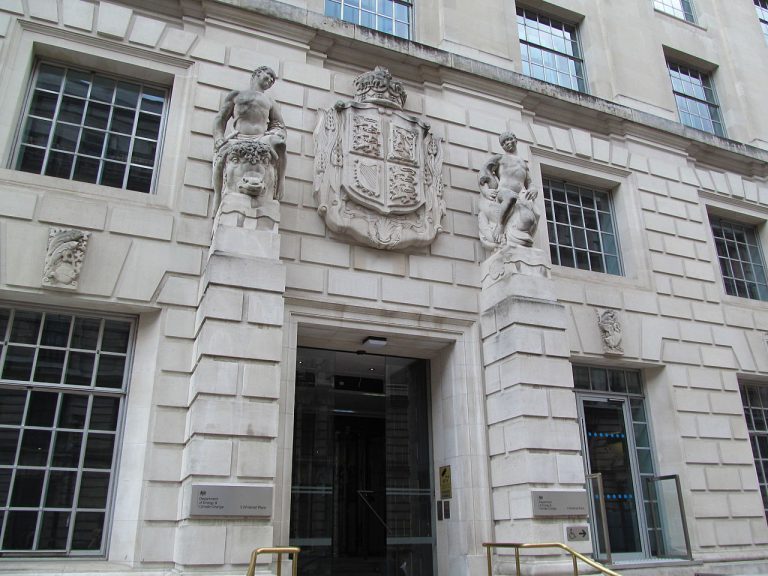You Know When You’ve Been Quangoed
For Boris Johnson’s shellshocked government, there has been little instructive from the worlds of ed and med in recent weeks.
Blame has flown and political heat applied to previously little known quango Ofqual and the much criticised Public Health England (PHE) before its demise and absorption into the National Institute for Health Protection. Before this, the secretary of state for health and chief strategic government advisers were, apparently, unaware that they had the power all along to direct and control PHE.
This quango farrago has ticked up another MoT flaw in the engine of the Whitehall machine. Operational lines of responsibility are blurred, they are insufficiently open to external challenge and lacking in transparency.
The current situation is a far cry from the ‘Next Step’ agencies conceived in the 1980s. It is worthwhile taking a moment to review the executive agency experiment that has in many ways been quite successful but has been exposed to much ministerial meddling.
Of course, there is nothing new about quangos and ‘arms-length bodies’ (or Non Departmental Public Bodies as – NDPBs – as they are correctly termed). Some have been around for a long time – the Met Office, Companies House, the Forestry Commission are examples.
But the executive agency genesis can be traced back to Margaret Thatcher’s radical agenda of 1979 “to roll back the frontiers of the state”. A number of reviews were then undertaken by the newly created Prime Minister’s Efficiency Unit culminating in the “Next Steps” report headed by Kate Jenkins – sister of Sir Simon Jenkins – that suggested that some civil service activities might be privatised (the Stationery Office was one of the very few) and others might be performed in executive agencies to carry out the functions of government within a framework set out by departments aimed at flexibility of operations and a more entrepreneurial approach.
Sir Peter Kemp, Second Permanent Secretary at the Treasury was appointed. He set up a small unit within the Cabinet Office to implement the reforms, which he did with considerable panache and alacrity and against much departmental resistance. By the early 1990s over 100 agencies had been established. Some were very large such as the Benefits Agency with over 40,000 people and some very small such the Wilton Park conference centre with just 40. After Thatcher’s departure political commitment was lost and the knives were out from the ‘mandarins’ for the radically reforming but inconvenient Kemp who was forced leave the civil service in 1992. By that time the bandwagon was rolling, and some agencies secured a wider remit with ‘trading fund’ status and CEOs as Accounting Officers (i.e. accountable directly to Parliament)
Over the years the agency concept has fallen out of fashion to a large extent though 70 have been created since 2010. In the early years of the Coalition government, Francis Maude promised to light a bonfire of the quangos – but unless we missed something, the blaze didn’t take hold. Typically agencies were either re-badged or went back to their department as was the case with the Borders Agency to the Home Office.
Was the agency experiment successful and what lessons for the much anticipated reform of the civil service?
There is little doubt that the executive agencies were an innovative and radical reform that achieved much in modernising the civil service. But they were subjected to continued interference by successive governments who were able to change, abolish, create these agencies easily and arbitrarily. This contrasted with bodies created by statute such as the Health and Safety Executive (1974 Act) that have been able to withstand the political vicissitudes much more successfully.
The lessons learnt are that the agencies can be the effective and efficient delivery agents for government supported by legislation with policies driven by a small core of departmental staff working direct to ministers. Terms and conditions should be civil service wide to allow maximum flexibility and equity, reform must have the direct interest and support of the Prime Minister and, crucially, a dynamic project director – another Sir Peter Kemp – who can remake the central British state, and quickly.

David Werran is a former civil servant and non-executive chairman of DragonGate Market Intelligence.


























